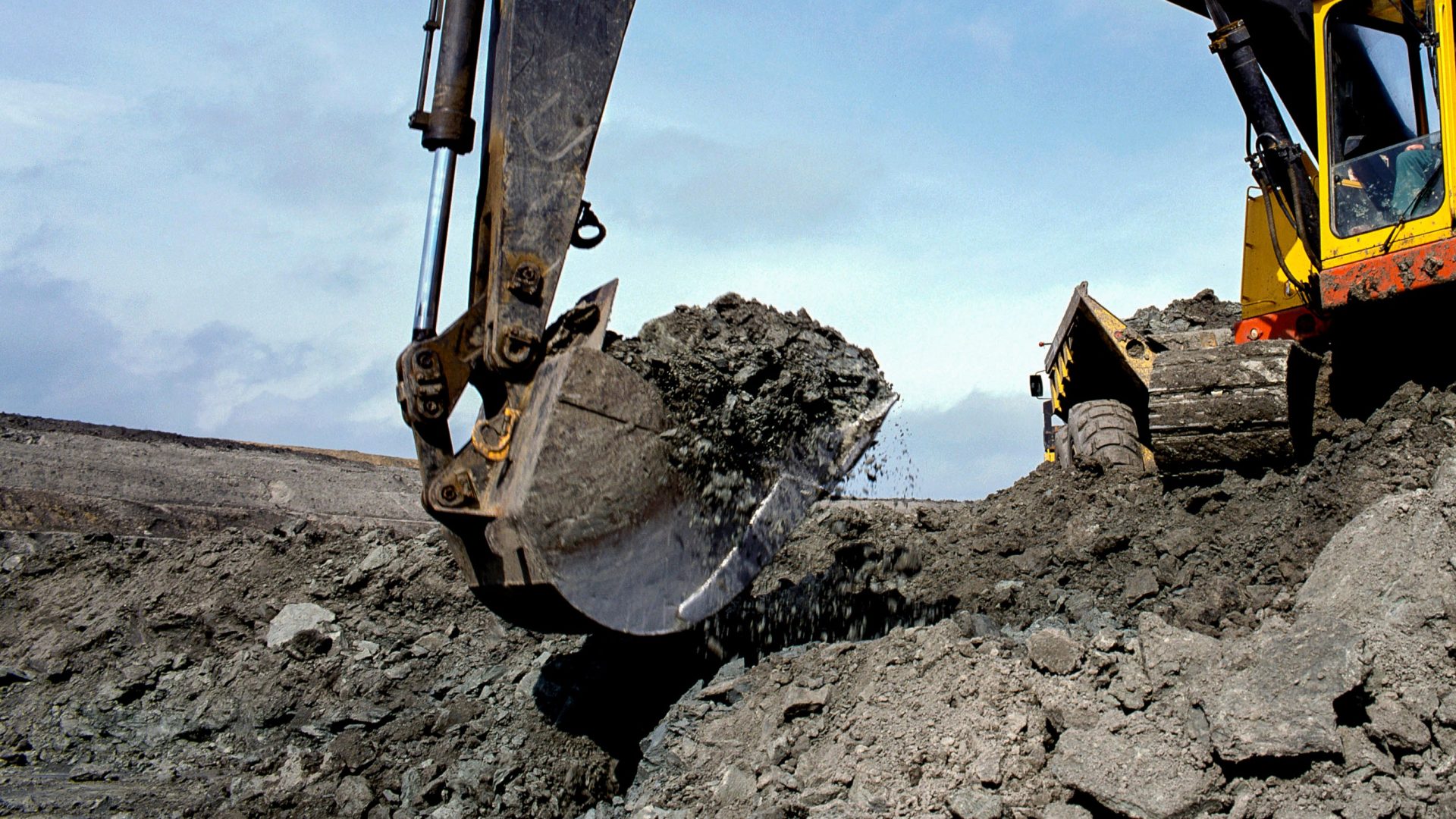As the Government continues to move forward with its asset register (NUAR), we talked to Richard Broome, Managing Director at LSBUD, the safe digging mapping service, to get his perspective on what this will mean for safe digging within the UK.
For those unaware of the National Underground Asset Register (NUAR), the Government has been developing it since 2018, with the purpose of driving a reduction in unexpected underground assets being damaged.
On paper, NUAR offers a sensible prospect, a state-centralised register of underground pipes and cables to support safe digging. So, what’s the problem?
According to Richard, there are significant shortcomings that it doesn’t seem to be able to move beyond, yet these challenges are not being discussed publicly, and he says that expert external advice is not currently being sought.
He believes it remains unable to fulfil the current working requirements that the UK’s major network operators current enjoy, its direction is unclear, threatens uncertainty and reduced safety, is adding costs whilst stifling competition, and undermines the asset owners’ individual control over sensitive CNI data.

Richard, is this truly what’s best for ‘safe digging’?
My first concern lies with the project’s measurable outcome. As a safe digging service, surely its fundamental measure of success should be the reduction of damages.
Well, this doesn’t appear to be the case. In fact, the project has not even accurately measured the current level of damages. The most recent documentation suggests that any improvement in performance is an indirect benefit, which immediately brings to question why the service is even being rolled out.
No clear answer on access or cost of the service
The next concern is access. To ensure safe digging across the UK, everyone – irrespective of whether they work for a company performing large-scale construction projects or are a private individual looking to build a shed in their garden – should have access to such a service. However, there has been no confirmation on whether this service will be made accessible to the public and if so, at what cost. From our own data, private users accounted for 177,482 safe digging searches last year, making up 4.5% of all searches over 2023. This does not include the additional landowners and farmers, which would have similar issue using the new service, or even smaller businesses such as fencers, builders or landscapers. With all these smaller businesses and private individuals in mind, a staggering proportion of people are going to be at risk of digging blind if NUAR continues to ignore them or if they add a cost to each enquiry.
Not only this, but it’s been confirmed that local authorities will be ‘free’ members of the service, meaning the cost will be forced upon private asset owners to front – which, at this point, is unknown.
There is a stated benefit in the business case to users of £1.57 billion, which is hard to justify but is apparently is the value over 10 years. There is no certainty over charging for NUAR, other than those who benefit the most will pay. The worry is that with the costs incurred for the limited progress so far (circa £30m for a pilot system), the industry would be faced with having to use a service so expensive that it significantly damages their bottom line, compared to the free alternatives that already exist.
Conscription over subscription
This leads me to my next point – participation. In its current form, NUAR will mandate participation from all asset owners. While I agree that the more asset information, the better, I truly believe this must be earned. At LSBUD, our growing Members (152 asset owners) make the conscious choice to subscribe to our service due to the service we offer. This is far more powerful and better for the industry than having disengaged members who are only there because they have been forced to, which will lead to a complacent and substandard level of service.
On top of this, it is important to note that NUAR will only be able to mandate that all asset owners share their information for assets that are located underneath roads and streets. The remaining assets, buried underground across the countryside and on private land, will be completely unprotected. A huge oversight which could cause serious harm to anyone digging in these areas.
Can we trust the Government to see this through?
The original deadline for the service to be fully enabled was September 2024, which has already been pushed back a year, with the project rated as an amber concern by the Government.
Not only this, but the business case outlines that it won’t be until 2031/32 when all asset owners will be registered and using the system. A staggering wait time for a service that claims to be putting the safety of those digging in the UK first.
Could collaboration be the answer?
With so much taxpayer money already invested into this project (£30m) and the Government now going all in, we call upon NUAR to act collaboratively with the safe digging industry to ensure these burning concerns are answered and addressed.
Industry tested solutions to asset mapping have been developed over 20 years already, so the prospect of the NUAR service in its current form seriously threatens not only the safe digging industry, but the lives of thousands of individuals that rely on free access to crucial asset information.
By working collaboratively alongside the safe digging industry, the Government can ensure our underground infrastructure of pipes and cables are futureproofed and protected, whilst people across the length and breadth of the country remain safe each and every time they dig. Safety has to always be the number one priority. It should be safe digging for all.



